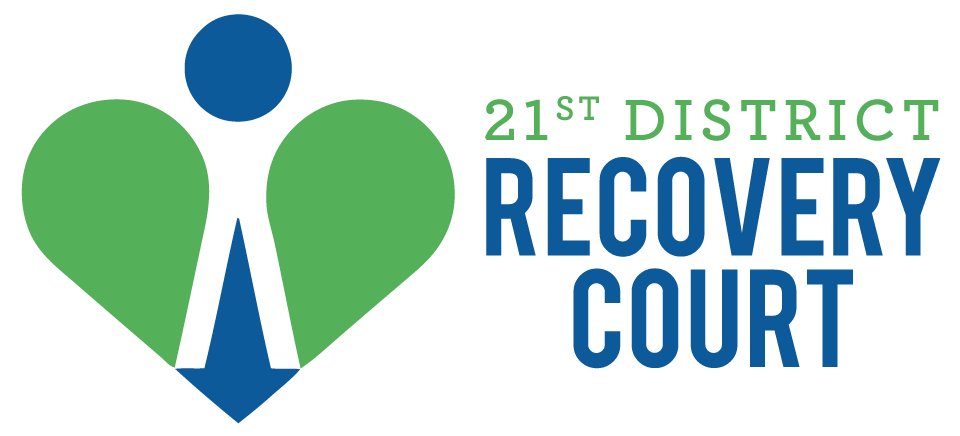Programs & Services
Overcoming addition is a long, challenging process requiring help and support. Our two-year program provides participants with the structure and tools needed as they take this proven, life-changing step towards recovery.
Recovery Court Support Group
Program participants share experiences and build community in the process through our in-house, weekly support group. Attendance requirements vary based on length of time in outpatient treatment.
Therapeutic Interventions and Processing/Treatment In Progress (TIP)
Relapse Prevention/Aftercare
Relapse prevention skills help reinforce skill sets prior to graduating from the program. Participants also prepare for the big transition that occurs after graduating from Recovery Court. Participants are moved into this group 4-6 months prior to graduation.
Individual Sessions
Individual counseling sessions are not a requirement of the program, though they are strongly encouraged for more in-depth or focused growth. Most participants enter the program with one or more diagnosed mental health conditions. These participants frequently require more individualized programs and treatment. Individual counseling, oftentimes in addition to a medication protocol from an outside provider, can make all the difference in a participant’s success and long-term sobriety.
Educare Counseling (iop or liop)
Following a participant’s return from inpatient rehab, he/she will be referred to Educare Counseling for some form of continuing intensive outpatient services (IOP or LIOP). LIOP is a once-weekly group, while IOP meets three times a week for a three-hour group. By participating in these intensive outpatient services, participants gradually step-down levels of care at a pace that allows them to adjust to their new routine in a more gradual and controlled manner.
Moral Reconation Therapy (MRT)
This 12-step client-focused and led group includes homework assignments and most often, a presentation that must be accomplished to move on to the next step. This group is all about honesty and acceptance, as well as taking ownership of past, present and future actions.
